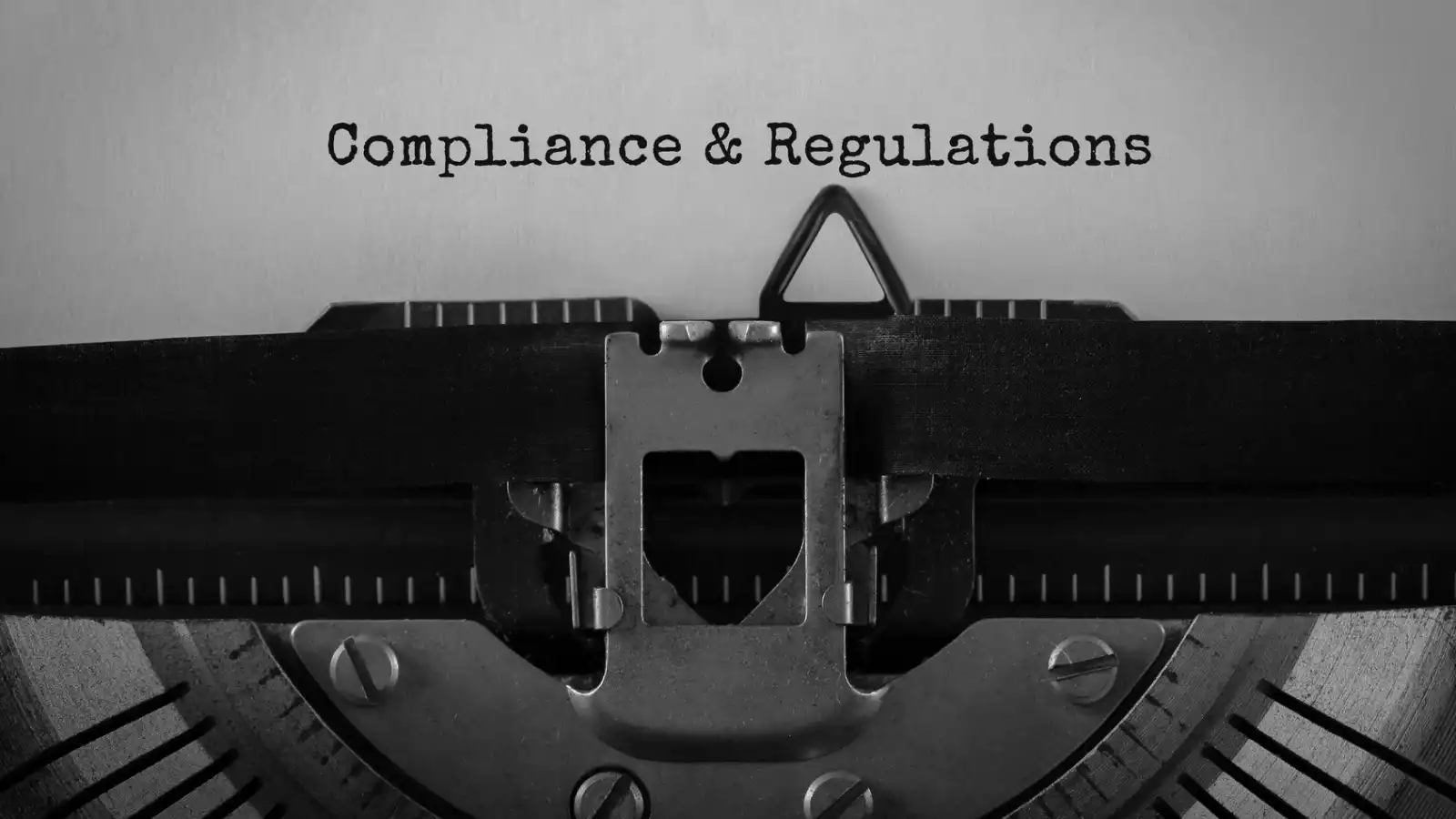Since the 1980s, the Professional Employer Organization (PEO) industry has sought regulatory and legislative recognition of its ever-growing segment of the business services economy. In 1991, Florida became the first state to regulate and codify the PEO service model. New Hampshire followed suit in 1994, and today, 40 states have enacted legislation to support and properly regulate this growing industry.
History
In the 1990s, efforts began on a federal level to regulate the industry and establish a program to certify PEOs. In December 2014, President Obama signed the Small Business Efficiency Act, which authorized the Internal Revenue Service (IRS) to develop such a program for Certified Professional Employer Organizations (CPEOs).
This voluntary program requires applicant PEOs to meet tax compliance, background, experience, business location, financial reporting, bonding, and other requirements.
What does this mean for the small business owner who partners in a PEO relationship?
- Small business owners know they have partnered with a firm that has been thoroughly vetted by the IRS.
- When the PEO invoice is paid, the tax obligation to the IRS has been fulfilled.
- Employers who partner with a PEO mid-year are not subject to a wage restart with respect to Social Security tax payments.
- Most importantly, IRS scrutiny and bonding requirements will give the utmost level of consumer protection to the small business community.
Progress of Certified PEOs (CPEOs)
Genesis HR Solutions is proud to be among the 84 firms nationwide that were included in the first wave of approvals for Certified PEOs. For this group, which was approved as of June 1, 2017, the effective date is retroactive to January 1, 2017.
As of June 2017, 123 firms have applied for certification, and I anticipate more approvals may come soon. In an industry with an estimated 800+ PEOs, it’s important that businesses who partner with a PEO to know that the PEO they choose is IRS-certified.



